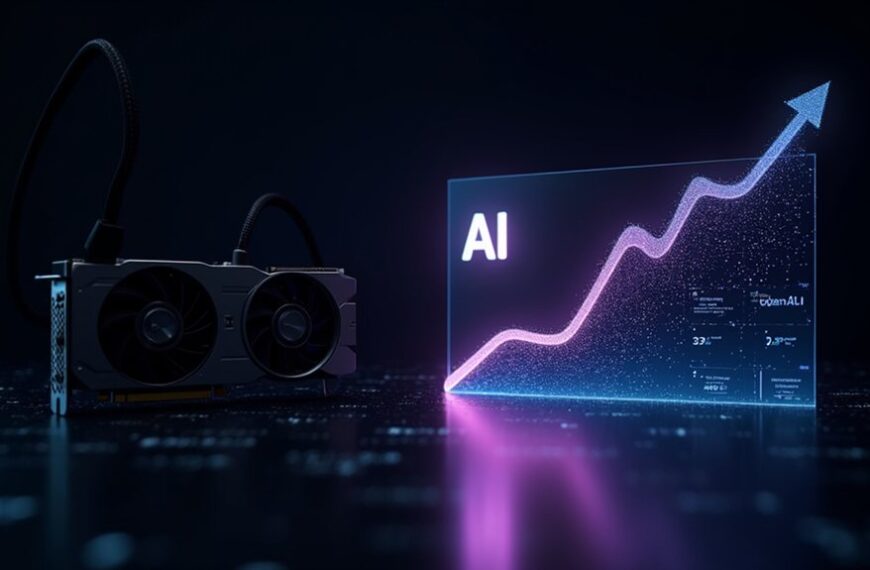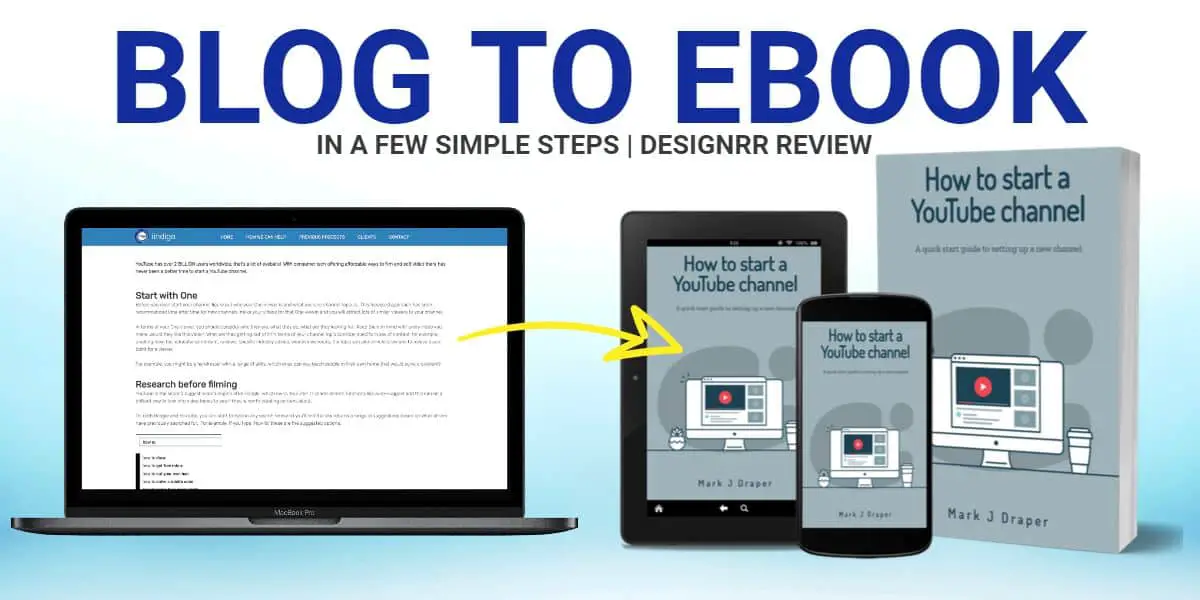Based on Mistral's performance metrics, their new OCR API delivers impressive accuracy at 94.89%, outperforming both Google Document AI (83.42%) and Azure OCR (89.52%). You'll find competitive pricing at $1 per 1,000 pages while processing up to 2,000 pages per minute. The API excels with complex documents, achieving 94.29% accuracy for math equations and 98.12% for tables. Understanding the full scope of these capabilities requires exploring its real-world applications.

While many companies compete in the OCR technology space, Mistral's new API claims to set industry-leading benchmarks with its impressive 94.89% accuracy rate. The company's performance greatly outpaces established players like Google Document AI at 83.42% and Azure OCR at 89.52%.
You'll find Mistral's OCR technology particularly remarkable for its processing speed, handling up to 2,000 pages per minute on a single node. The system supports thousands of languages and offers both cloud and on-premise deployment options to meet varying security requirements. The technology's doc-as-prompt functionality enables enhanced document understanding by utilizing context and layout relationships. The platform excels at preserving document formatting while maintaining the original structure of headings, lists, and tables.
The technology shows exceptional versatility in handling complex document types. It processes text, images, tables, and mathematical equations with high precision, achieving 94.29% accuracy for math equations and 98.12% for table recognition.
Mistral has positioned its OCR solution as a cost-effective option, charging $1 per 1,000 pages with batch processing available. The system's lightweight AI models maintain speed without compromising accuracy, while the innovative doc-as-prompt feature enables more precise document processing.
Mistral delivers enterprise-grade OCR at just $1 per thousand pages, combining speed and precision through lightweight AI technology.
You'll see the technology's impact across various industries. Scientific researchers use it to convert complex papers into AI-friendly formats, while legal teams streamline document processing for compliance purposes. Historical preservation projects benefit from its ability to digitize artifacts, and customer service departments automate knowledge extraction from manuals.
The system's integration capabilities with Large Language Models (LLMs) enable advanced features like question answering and summarization. It outputs structured data in formats like JSON, making it compatible with existing AI tools and workflows.
Despite Mistral's impressive claims, the OCR landscape remains competitive. Google, Azure, and other providers continue to innovate and enhance their offerings. The company acknowledges these challenges while focusing on achieving more human-like document understanding and adapting to emerging user needs through continuous improvements and feedback integration.
Frequently Asked Questions
How Does Mistral's OCR API Handle Handwritten Text and Cursive Writing?
You'll find that Mistral's OCR API handles handwritten text through its multimodal capabilities, though its effectiveness with cursive writing isn't explicitly detailed.
While the API excels at processing complex documents and multiple languages, its specific performance on varied handwriting styles remains uncertain.
For sensitive handwritten documents, you can utilize the on-premises deployment option, and the system's processing speed of 2,000 pages per minute makes it efficient for large-scale digitization.
What Are the Privacy and Data Security Measures for Mistral's OCR Service?
Mistral's OCR service prioritizes your data security through its self-hosting option, which lets you process documents within your own infrastructure.
You'll maintain complete control as all data stays local to your organization.
The service supports regulatory compliance and offers robust security measures through on-premises deployment.
You can process up to 2,000 pages per minute while keeping sensitive information secure.
For additional protection, you can integrate the OCR service with your existing enterprise security systems.
Can Mistral's OCR API Process Documents in Languages Using Non-Latin Alphabets?
Yes, you'll find that Mistral's OCR API can process documents in numerous non-Latin alphabets effectively.
The system handles languages like Chinese, Hindi, and Arabic with documented high accuracy rates. For example, it achieves a 97.55% accuracy rate for Hindi documents.
The OCR maintains document formatting and structure across these scripts, making it particularly useful if you're working with multilingual content or managing global document processing needs.
What Is the Pricing Structure for Different Volumes of OCR Processing?
You'll pay approximately $1 per 1,000 pages for standard processing through Mistral's OCR API.
When you use batch processing, you can double your efficiency to get more pages per dollar.
While specific volume discount details aren't publicly available, the platform's efficiency improves with batching.
The service processes up to 2,000 pages per minute, and you can choose between cloud-based or on-premises deployment options depending on your needs.
Does Mistral's OCR API Work Offline or Require Constant Internet Connectivity?
Based on the available information, you'll find two main deployment options for Mistral's OCR API.
Through on-premises deployment, you can process documents within your internal infrastructure, which suggests potential offline capabilities.
However, if you're using the cloud-based version through AWS, Azure, or Google Cloud Vertex, you'll need internet connectivity.
The specific details about offline functionality aren't explicitly stated in the background information.





